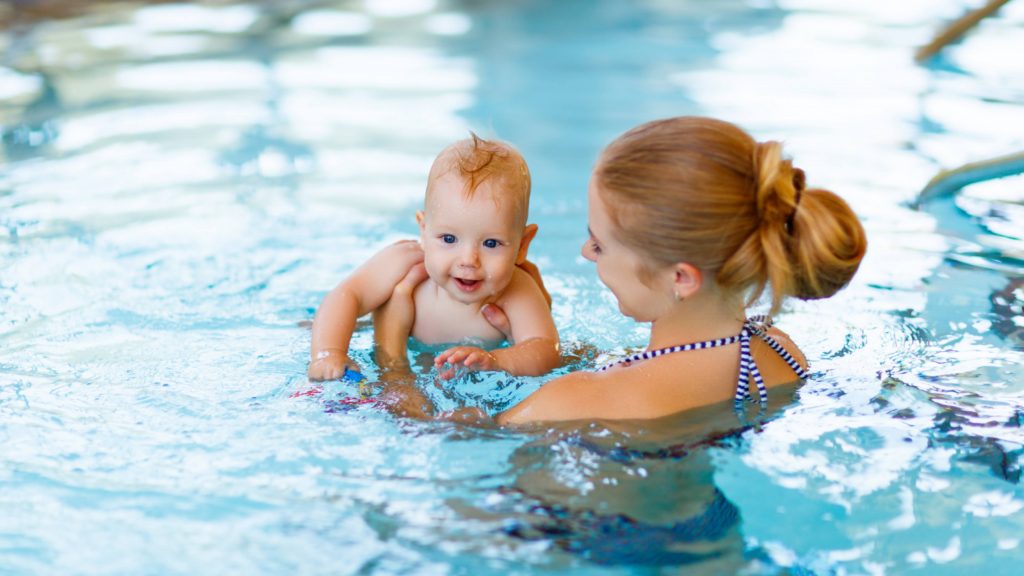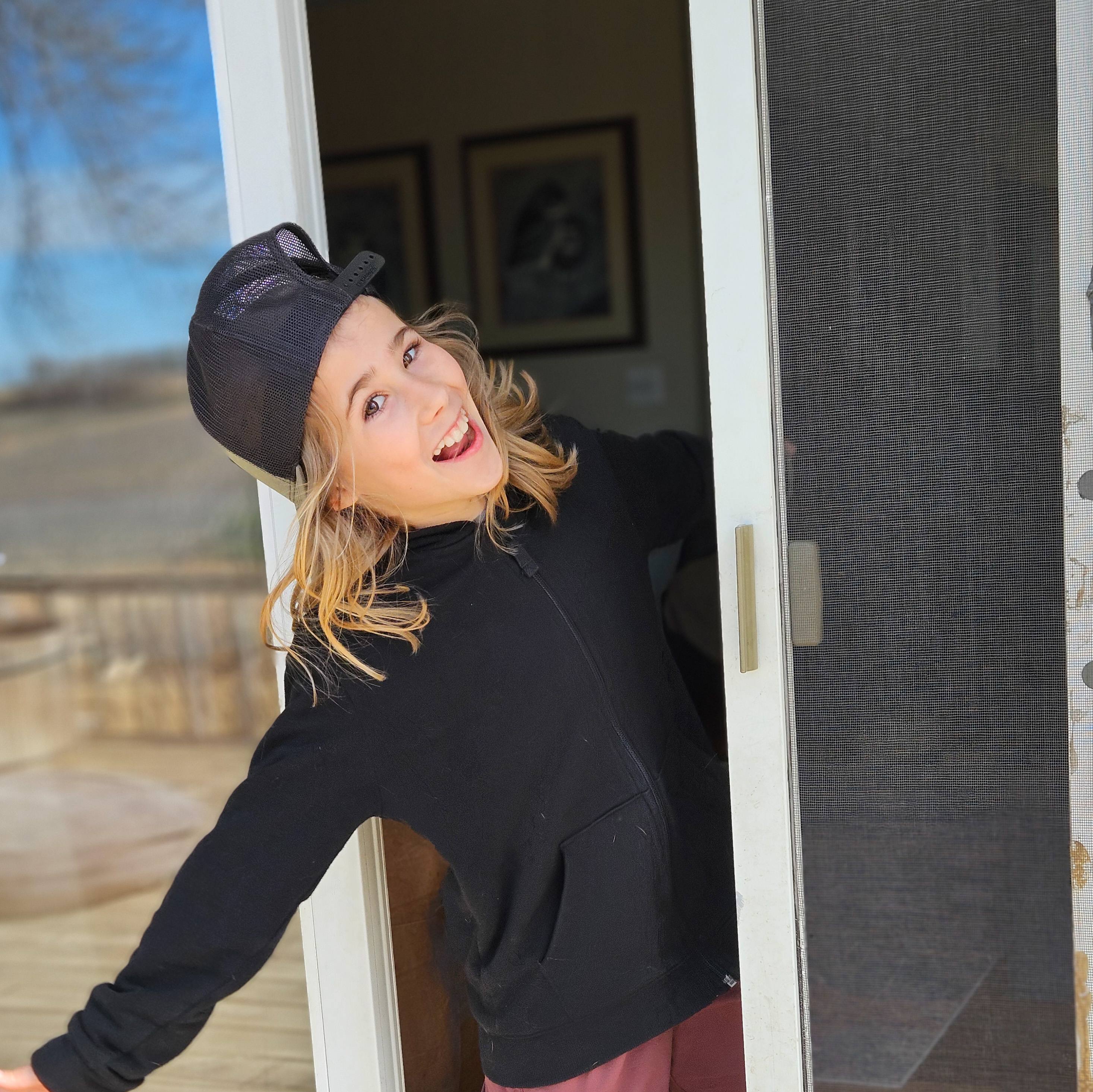-
Infant swimming: Do indoor pools increase asthma risk?

I've heard that infant swimming in chlorinated, indoor pools might cause childhood asthma. Is it safe for my 5-month-old to swim indoors?
_______________________________
Answer: Some research suggests that infant swimming in chlorinated pools might increase the risk of airway inflammation, but there isn't enough information conclusively linking infant swimming and asthma to warrant keeping healthy babies out of indoor pools.
Researchers theorize that chlorine — a common disinfectant used to keep pools clean — binds with swimmers' sweat, dirt, skin cells and urine to create byproducts in the water and air that might harm an infant's lungs and put him or her at risk of developing asthma. Indoor pools have higher concentrations of these byproducts than do outdoor pools. Babies might be at particular risk because their lungs are still developing and they tend to swallow irritant-laden water while swimming.
Studies examining the relationship between infant swimming and asthma, however, have produced conflicting results and further research is needed.
If your baby participates in infant swimming in indoor pools and you're concerned about asthma, opt for a well-ventilated facility. Ideally, staff members will open doors and windows in the pool area and use fans to boost airflow over the surface of the pool when it's crowded. Also, rinse yourself and your baby in the shower before entering and after leaving the pool, wear a swim cap, and regularly check your baby's diaper. This can reduce the formation of irritants in the water and air.
This article is written by Dr. James T. C. Li and Mayo Clinic Staff. Find more health and medical information on mayoclinic.org.
Related Articles







